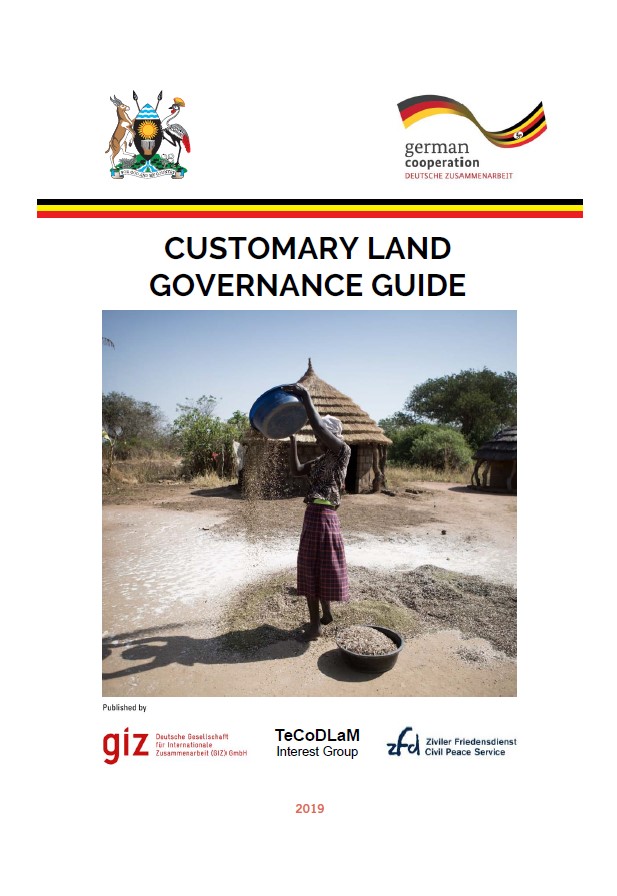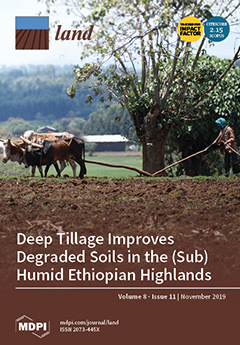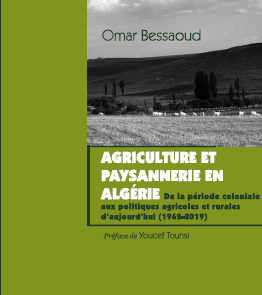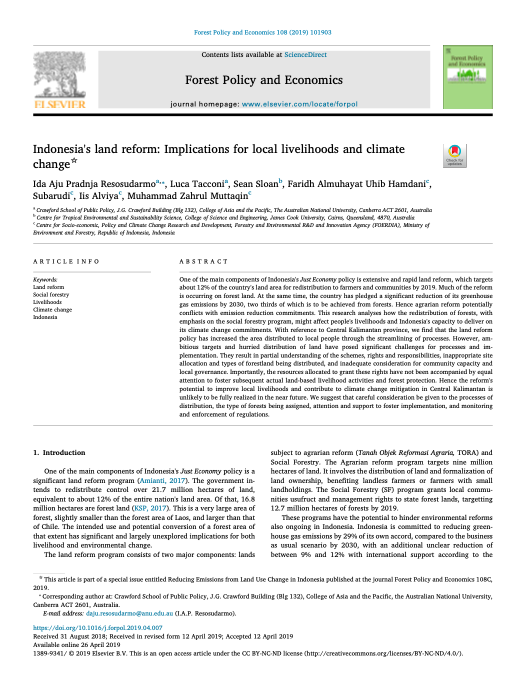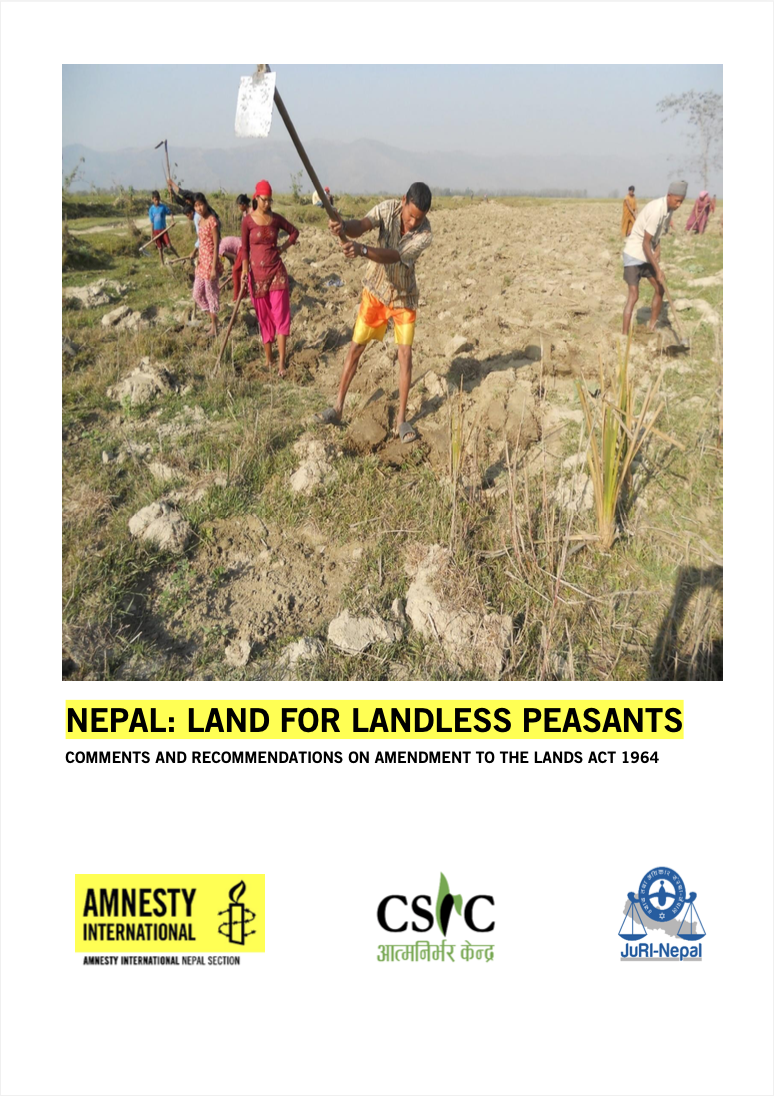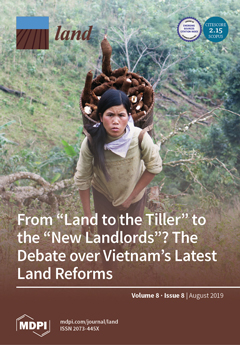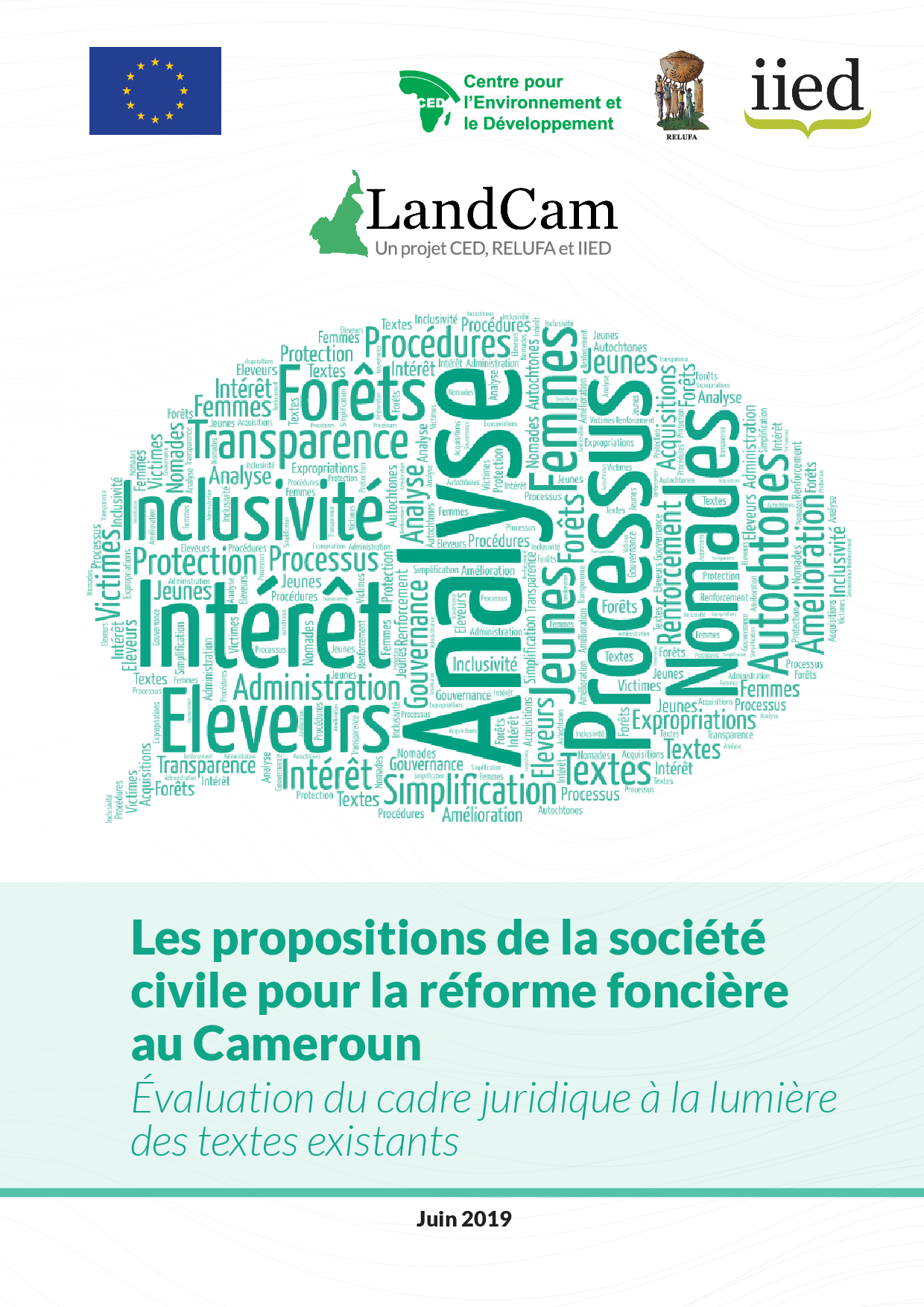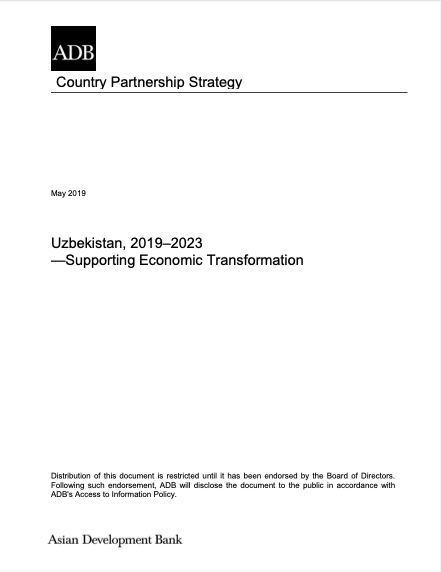Customary Land Governance Guide
Responsible Land Policy in Uganda (RELAPU) is a project implemented by the German International Cooperation (GIZ) and financed by the German Federal Ministry for Economic Cooperation and Development (BMZ). BMZ created the Special Initiative “One World, No Hunger”, aimed at eradicating extreme hunger and poverty. Within this special initiative, RELAPU is part of the Global Programme on Responsible Land Policy currently implemented in eight countries.

